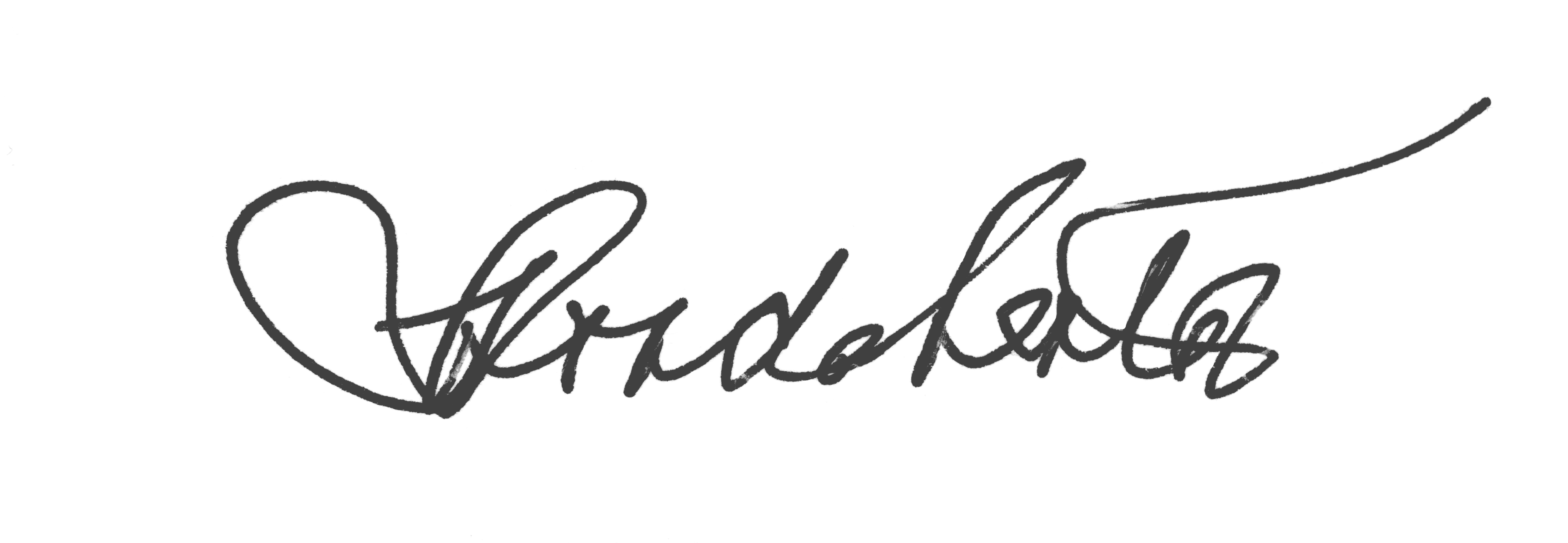The knowledge economy, globalization and technology continue to have a profound impact on the Canadian workplace, with significant implications for the post-secondary education sector. Over the next number of years, we can expect to see increasing collaboration with other sectors, flexible learning formats and internationalization.
Transferable knowledge and skills will be key, as will be interdisciplinarity, digital fluency and a dedication to lifelong learning. These are areas in which York graduates already have an advantage.
Our institution has a long-standing reputation for interdisciplinary programs and research, as we have continued to further expand our comprehensiveness across the arts, liberal arts, business, environmental studies, education, health, law, science and math, technology and engineering, offering programs in both English and French.
We continue to increase and to strengthen experiential education opportunities for all students, technology-enhanced learning and unique partnerships that offer students relevant, career-related activities aimed at training students in critical thinking and complex problem-solving.
These skills allow our graduates to adapt to the uncertain career paths that lie ahead and to continue to learn in an age in which educational content is both more accessible and more rapidly changing than might have been imagined when the University was founded nearly 60 years ago.
As universities strive to match the skills we teach with the needs of the economy and the demands of a future in which post-secondary education will be necessary for more than two-thirds of all new jobs, we must prioritize accessibility and inclusive growth. Social justice, sustainability, forward-looking thinking, access, equity and inclusion are values fundamental to York’s history and identity, and they continue to guide us as the Canadian and global expectations for universities change.
Societies are increasingly looking to universities as anchor institutions in communities planning for the future and responding to local and global challenges. We need to create opportunities for government, community organizations and the private sector to work with the post-secondary education sector if Canada is to be globally competitive. In order for us to identify solutions to issues such as poverty, housing, transportation and the environment, this is imperative.
As we seek to engage a variety of communities in dialogue about inclusivity, access, reconciliation and growth, we must also redouble our institutional commitment to welcoming and embedding diverse forms of knowledge and experience at York.
I have seen first-hand what education can do, not only in changing one’s personal circumstances, but in advancing society. In combining our academic and research excellence with our accessibility agenda, our diversity with our inclusivity and our commitment to lifelong learning with our belief in bringing about positive social change, I believe York will emerge as the model for the connected university in the 21st-century global knowledge economy.
